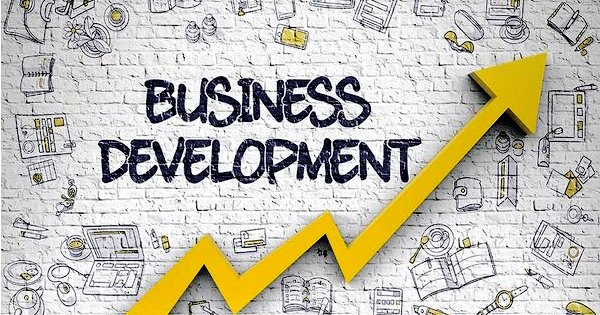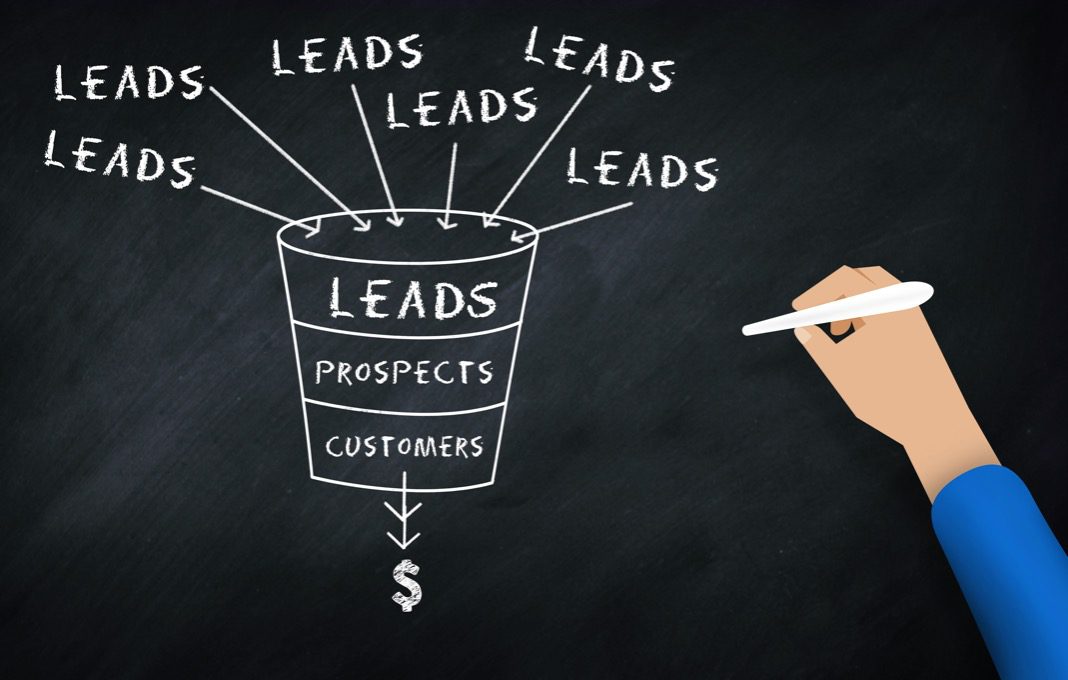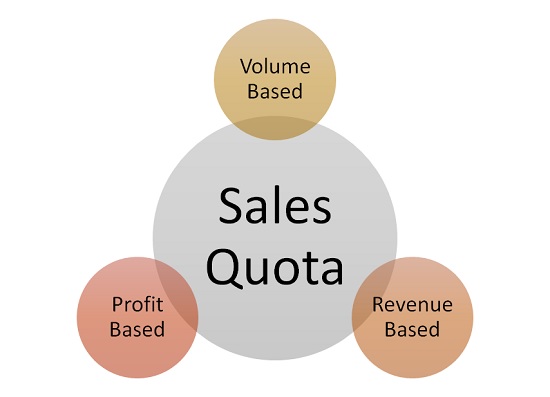
A Business Development Representatives holds enormous significance in the business world. BDRs act as cutting-edge heroes, liable for distinguishing and supporting possible leads, eventually driving development and income for their associations.
What is a BDR?
A Business Development Representative is a central deal and business development team member. A BDR is entrusted with distinguishing and sustaining likely leads for an organization. They assume a vital role in the beginning phases of the deal cycle by prospecting, qualifying leads, and setting arrangements for salespeople or record directors.
BDRs frequently use different procedures to draw in possible clients, including cold pitching, email exceeding, and organizing. Their essential objective is to lay out associations with possibilities and lay the foundation for effective deal transformations. BDRs require magnificent relational abilities, versatility, and a profound comprehension of the items or administrations presented by their organization to pass incentives on to possible clients.
importance of BDRs in companies
Business Improvement Delegates (BDRs) assume a vital role in organizations by driving development and income through proactive efforts and lead-age endeavors. Their significance lies in their capacity to recognize and develop possible open doors, which eventually add to the extension and manageability of organizations.
BDRs act as cutting-edge representatives, laying out associations with possibilities and establishing the groundwork for productive connections. By successfully qualifying leads and setting arrangements, they smooth the deal cycle and engage outreach groups to zero in on shutting bargains.
Besides, BDRs provide essential insights into market patterns and client inclinations, empowering organizations to adjust their techniques and contributions. BDRs are impetuses for business extension and significant resources for accomplishing authoritative objectives and targets.

Key Responsibilities of a Business Development Representative
Prospecting, lead age, and capability errands are central to a BDR’s liabilities. These experts are proficient at recognizing promising leads, drawing in possibilities, and qualifying them with foreordained measures. Besides, BDRs are essential in setting arrangements and organizing item showings, establishing the groundwork for fruitful deal changes.
Prospecting and lead generation
Prospecting and lead generation are essential parts of the deal and urgent for business development and achievement. Includes distinguishing likely clients or clients keen on the organization’s items or services.
It requires exploration, examination, and effort to pinpoint people or associations needing or wanting what the organization gives. Then again, lead age includes catching the interest of these possibilities and changing them into leads—people who have communicated interest or given contact data.
This stage frequently includes techniques like substance showcasing, web-based entertainment commitment, organizing occasions, and designated publicizing efforts. Both prospecting and lead generation are fundamental to building a vigorous deal pipeline and driving business income.
Qualifying leads
Qualifying leads is a fundamental interaction in the deal cycle, determining the probability of a possibility becoming a paying client. It involves assessing the possibility’s degree of interest, financial plan, and power to settle on buying choices that fit with the organization’s items or administration.
By qualifying leads, outreach groups can focus on their endeavours and highlight possibilities that will change over time, expanding their efficiency and closing rates. This interaction frequently includes posing designated inquiries, effectively paying attention to prospect reactions, and investigating their behavior and commitment to the organization. Qualifying leads helps sales experts allocate time and resources effectively.

Setting appointments and demos
Setting arrangements and leading item showings are essential to the deal cycle, working with more significant commitment with possible clients and directing them toward settling on informed buying choices. The interaction starts with the Business Improvement Agent (BDR) laying out compatibility and entrusting the possibility, commonly through compelling correspondence and understanding their requirements and problem areas.
When interest is established, BDRs coordinate appointments for demonstrations. During the appointment or demo, the BDR outlines the product benefits. Effective presentations and personalized connections drive appointments and demos forward.
Skills and Qualities of an Effective BDR
Successful BDRs have a remarkable mix of relational abilities, ingenuity, and a profound comprehension of deal processes. Their capacity to express offers, handle protests, and fabricate compatibility with potential clients separates them in the cutthroat business improvement scene.
Communication skills
Functional relational abilities are fundamental for Business Improvement Agents (BDRs) to prevail in their jobs. BDRs articulate product benefits, build rapport, and convey information dynamically. Clear and compact correspondence assists BDRs with laying out validity, addressing client concerns, and guiding possibilities through deals.
Furthermore, undivided attention abilities empower BDRs to comprehend client needs and design their methodology appropriately, cultivating significant associations and trust.
Whether participating in telephone discussions, email correspondence, or up-close and personal gatherings, solid relational abilities permit BDRs to convey impressive skill, compassion, and certainty, ultimately driving effective results and cultivating long-term client associations. Powerful correspondence is a foundation for building trust and working outcomes in the severe business improvement scene.

Persistence and resilience
Ingenuity and strength are essential attributes for Business Development Representatives exploring the difficulties of deals and lead age. Notwithstanding dismissal and misfortunes, diligence empowers BDRs to keep an uplifting outlook and sincerely seek out potential open doors.
They comprehend that achievement frequently requires different endeavors and an eagerness to gain from disappointments. Strength permits BDRs to return quickly from dissatisfactions, misfortunes, and protests, focusing on long-term objectives and goals. By developing a mentality of determination and flexibility, BDRs can defeat deterrents, refine their procedures, and become more grounded in misfortune.
In the dynamic and cutthroat business advancement scene, constancy and flexibility are impetuses for development, empowering BDRs to conquer difficulties and make practical progress.
Understanding of sales processes
Understanding deal processes is imperative for business improvement agents (BDRs) to explore the intricacies of securing and sustaining leads. BDRs should grasp the deal pipe stages, from prospecting and qualifying prompts to shutting arrangements and cultivating long-haul connections. They should get a handle on the subtleties of client connections, protest taking care of them, and exchange procedures.
Understanding deal processes empowers BDRs to recognize open doors consistently, tailor their way to deal with possibilities’ necessities, and guide them through the purchasing venture. BDRs enhance processes by integrating insights and best practices, driving revenue. A firm comprehension of deal processes engages BDRs to become viable impetuses for business improvement and achievement.
Strategies for Effective Business Development
BDRs utilize systems customized to their primary interest group and market section to succeed in their jobs. They use client relationship management (CRM) frameworks to track cooperation and productively oversee associations with possibilities. Furthermore, they customize outreach endeavors, guaranteeing that every association reverberates with the beneficiary’s requirements and inclinations.
Utilizing CRM systems
Utilizing client relationship management (CRM) frameworks is the foundation of successful business improvement for current ventures. These stages empower Business Advancement Agents (BDRs) to smooth work processes, sort out client information, and track cooperation throughout the deal cycle.
CRM frameworks incorporating data, for example, contact subtleties, correspondence history, and lead status, enable BDRs to focus on assignments, customize outreach endeavors, and support associations with possibilities and clients.
CRM frameworks also impart essential knowledge into deal execution, permitting BDRs to distinguish patterns, figure income, and pursue information-driven choices. BDRs optimize CRM systems for efficiency, collaboration, and organizational growth.

Tailoring outreach efforts
Tailoring outreach efforts is an essential methodology business development representatives use to upgrade commitment and cultivate significant associations with possibilities. Rather than utilizing a one-size-fits-all methodology, BDRs customize their endeavors given each prospect’s extraordinary requirements, inclinations, and difficulties.
This includes conducting an intensive examination to comprehend the possibility’s business, trouble spots, and objectives. Customized messages resonate with prospects, increasing the likelihood of positive responses. Custom-made outreach endeavors work with starting commitment and lay the foundation for building trust and affinity over the long haul. By zeroing in on quality instead of amount, BDRs can lay out significant connections and drive fruitful results in their business improvement efforts.
Challenges Faced by BDRs
Despite their indispensable role, BDRs experience various moves in their everyday tasks. From taking care of dismissal to meeting severe targets and quantities, the excursion of a BDR is filled with hindrances. Adjusting the number and nature of leads while exploring a serious scene requires strength and critical reasoning.
Handling rejection
Handling rejection is fundamental for business development representatives (BDRs) exploring the deal’s highs and lows. Dismissal is unavoidable in the gig, yet how BDRs answer it determines their prosperity. Rather than thinking about dismissal literally, BDRs view it as a chance for development and learning.
They examine criticism, refine their methodology, and seek potential open doors. BDRs understand rejection isn’t a reflection of their worth or ability. With optimism, adaptability, and a growth mindset, BDRs turn rejection into motivation, fueling success.
Meeting targets and quotas
Meeting targets and quotas is essential to business development representatives (BDRs), who drive deals and income development. Targets and amounts are benchmarks to measure execution and progress toward hierarchical goals.
BDRs often have specific numerical goals, like generating leads or closing deals. Meeting these objectives requires persistent prospecting, powerful correspondence, and critical preparation. BDRs should focus on their exercises, manage their time productively, and utilize strategies to expand efficiency. BDRs demonstrate effectiveness by consistently meeting or exceeding targets and standards.

Training and Development for BDRs
Recognizing the significance of ceaseless learning, associations put resources into far-reaching onboarding programs and give progress-making preparation to open doors to BDRs. Mentorship programs work by exchanging information and abilities and seeking BDRs to explore complex conditions and capabilities.
Advancement to sales roles
Advancement to sales roles represents a critical opportunity for business development representatives (BDRs) to look for vocation development and movement inside their associations. As BDRs gain insight and show capability in prospecting, lead generation, and relationship building, they frequently change into sales positions.
Deals typically include overseeing client connections, arranging arrangements, and closing deals. BDRs who succeed in their obligations and reliably meet or surpass targets might be considered for advancements to positions where they can use their mastery and expand upon their current abilities.
Progression to deal jobs offers expanded liabilities and acquiring potential and gives unique open doors to proficient turn of events and headway inside the order of the agreement. It implies an acknowledgment of the BDR’s commitments and potential to drive income and development for the association.

Career Growth and Opportunities for BDRs
Many chances are anticipated for BDRs seeking to propel their vocations. Many change into sales jobs, utilizing their experience and bits of knowledge to drive income and cultivate long-haul client connections. Others work in unambiguous ventures or markets, exploiting their space mastery to become well-informed authorities.
Best Practices for BDRs in the Computerized Age
In the computerized change period, BDRs embrace innovation and computerization to smooth out work processes and boost proficiency. Social selling strategies empower them to draw in possibilities at different advanced stages, encouraging significant associations and sustaining connections in virtual conditions. Besides, their capacity to adjust to developing business sector elements positions them as necessary resources for their associations.

Conclusion
All in all, the job of a business development representative is imperative in driving development and income for associations across ventures. Through their tireless quest for valuable open doors and steadfast obligation to greatness, BDRs encapsulate the substance of proactive business improvement, laying the foundation for a supportable outcome in a unique commercial center.
How do BDRs handle rejection?
BDRs are trained to view rejection as an opportunity for growth. They learn to solicit feedback, adapt their approach, and persist in pursuing success.
What role does technology play in the work of BDRs?
Technology plays a pivotal role in enhancing the efficiency and effectiveness of BDRs. CRM systems, automation tools, and digital platforms facilitate prospecting, lead nurturing, and relationship management.
What career opportunities exist beyond the role of a BDR?
BDRs often transition into sales, account management, or leadership positions. Additionally, they may pursue consulting, entrepreneurship, or specialized sales opportunities.
How can aspiring BDRs stand out in the competitive job market?
Aspiring BDRs can differentiate themselves by honing their communication skills, gaining relevant experience through internships or part-time roles, and demonstrating a genuine passion for sales and business development.







